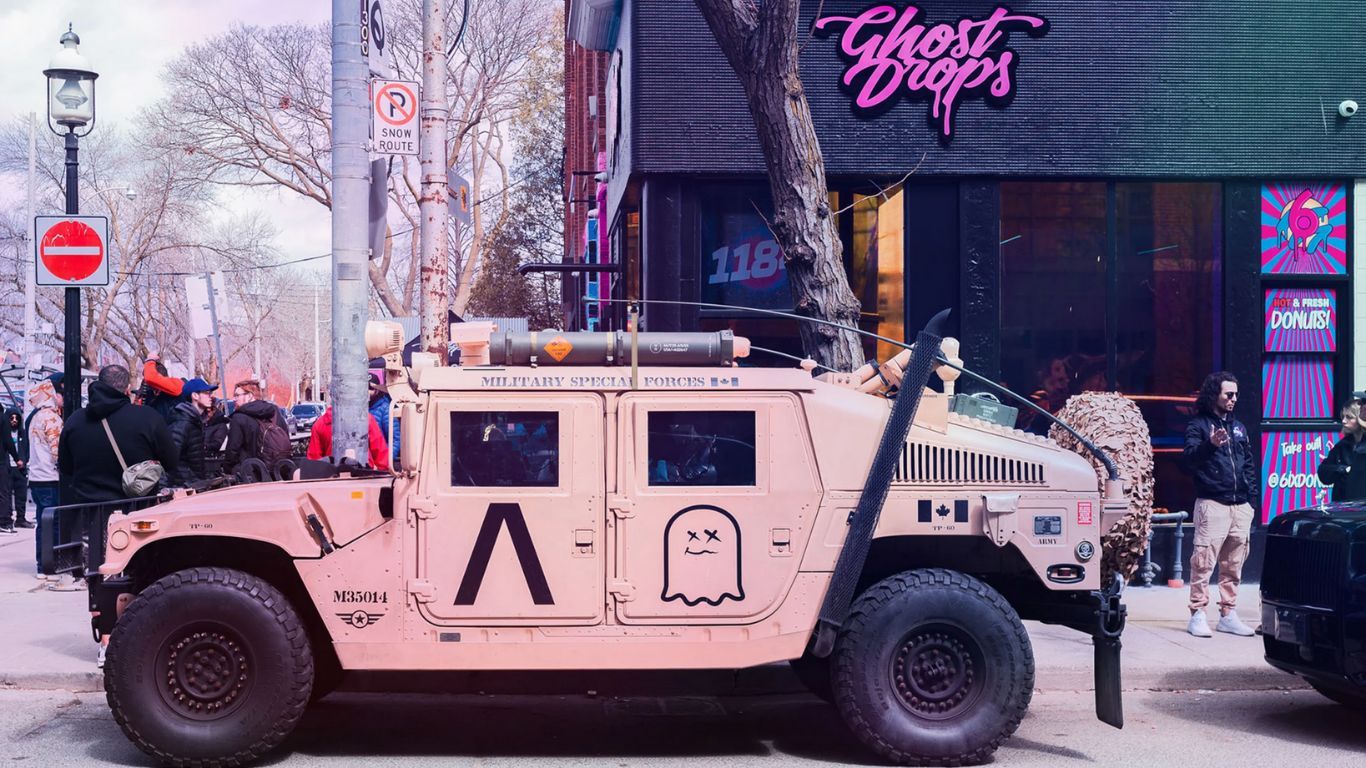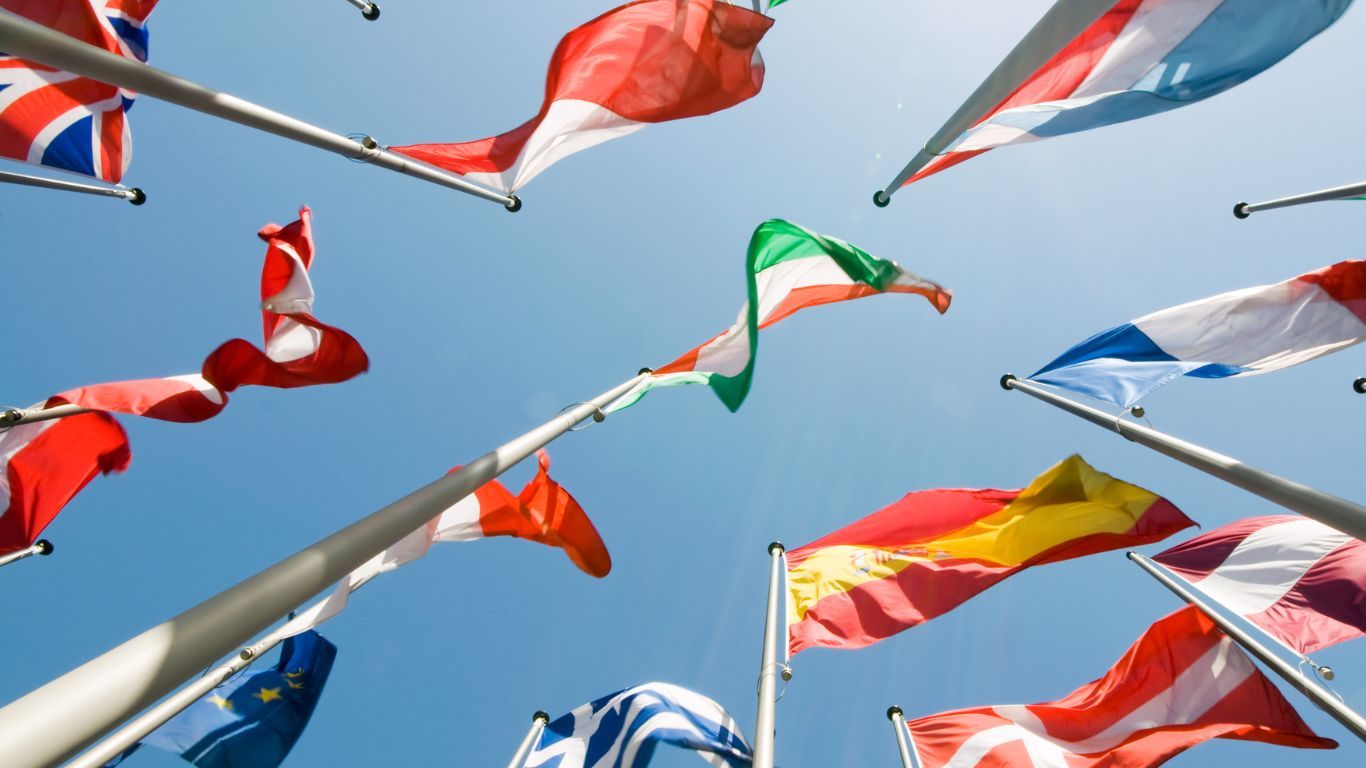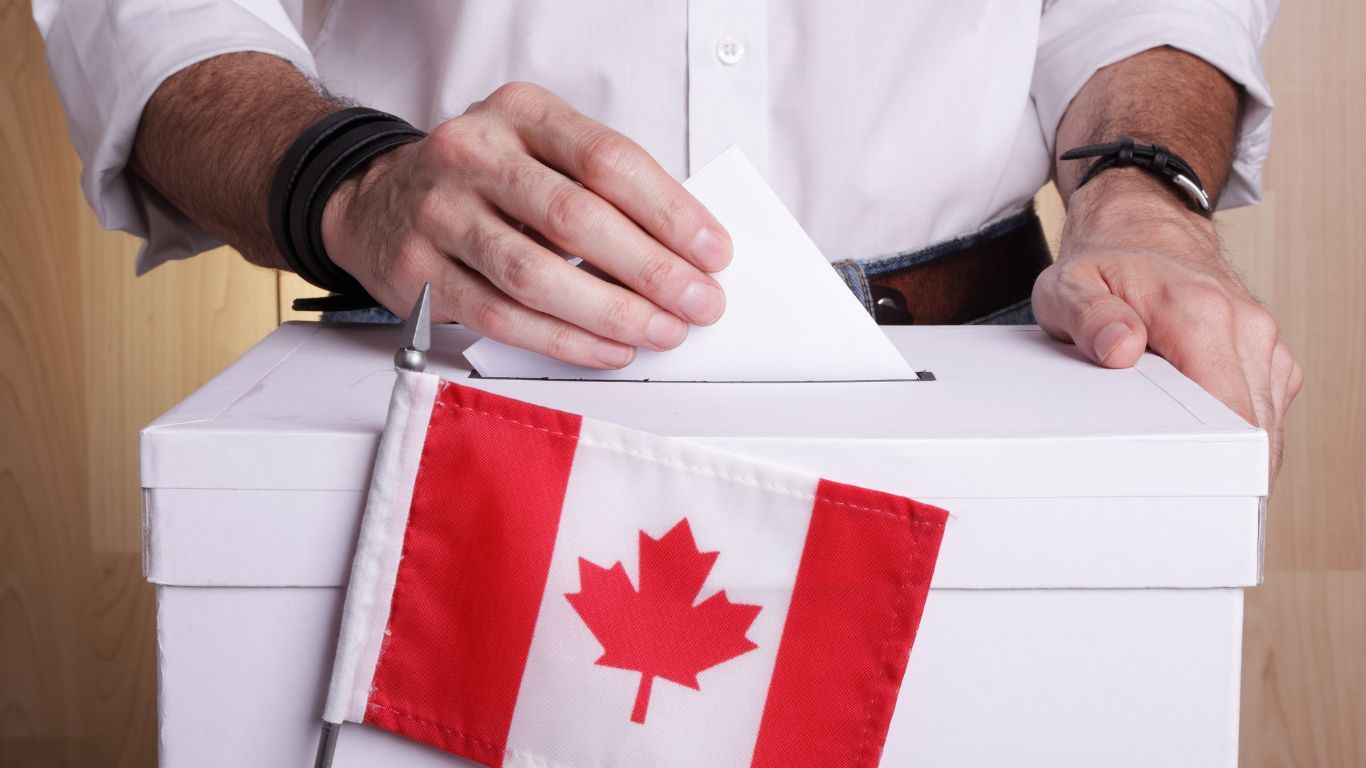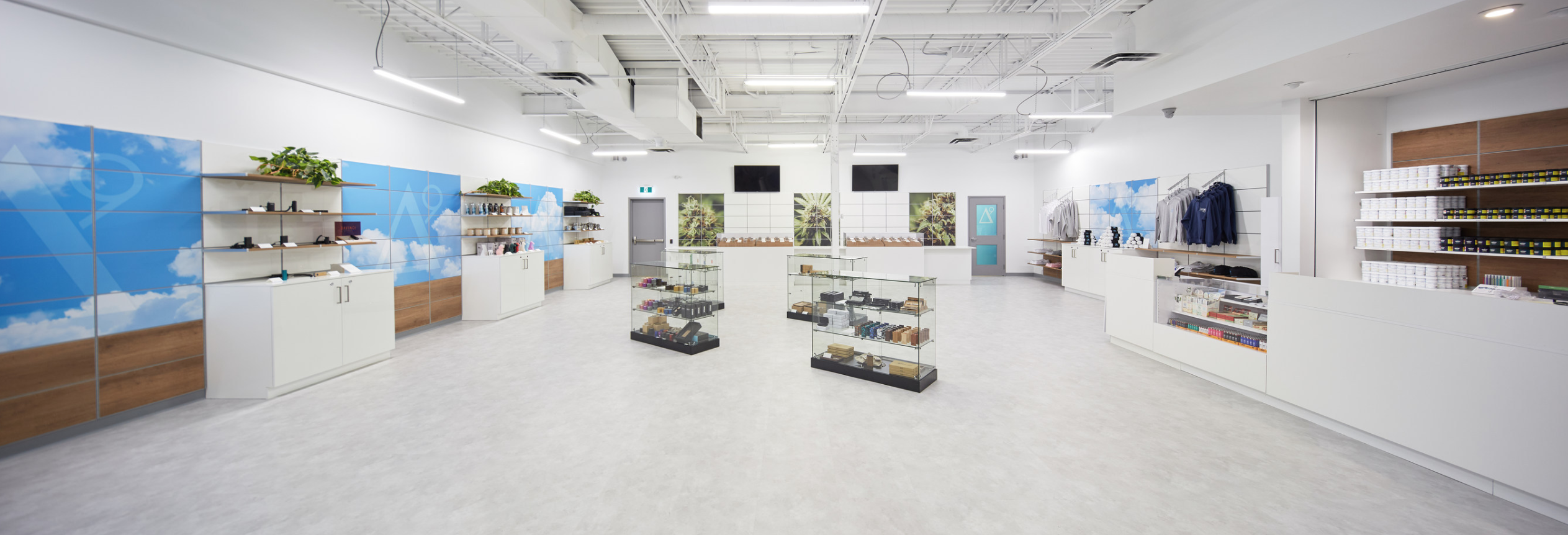
As Saskatchewan and Manitoba open to more cannabis retail licence applications, companies large and small are assessing the opportunity. Manitoba greenlit applications for new cannabis retailers on June 1, and Saskatchewan will be accepting new applications in September. Both provinces are allowing store-in-store licences.
For a province with a hybrid public/private model, this provides flexibility, as it ensures access for people living in small communities.
Kristianne Dechant, Liquor, gaming and cannabis authority of manitoba
“We are now in the third, open market phase of retail expansion in Manitoba,” says Kristianne Dechant, Executive Director and CEO at the Liquor, Gaming and Cannabis Authority of Manitoba. “We didn’t have the store-in-store type of licence available in the first two phases. For a province with a hybrid public/private model, this provides flexibility, as it ensures access for people living in small communities.”
In Manitoba, the store-in-store retail model is under a Controlled-Access Licence. This allows for a person under 19 to enter a pre-existing core business, with cannabis products sold in a separate area. The licence differs from the more typical Age-Restricted Licence, which is reserved for a stand-alone location accessible only to people 19 and over.
We are in Saskatchewan, but don’t currently operate in Manitoba, where we are now assessing over 20 franchise applications. Some of these might be store-in-store – we’re definitely interested in that possibility. We’ve also applied for a corporate stand-alone store in Winnipeg.
darren bondar, inner spirit holdings
“The Controlled-Access Licence is new to us,” says Darren Bondar, President and CEO of Inner Spirit Holdings, parent company of the Spiritleaf recreational cannabis franchise. “We are in Saskatchewan, but don’t currently operate in Manitoba, where we are now assessing over 20 franchise applications. Some of these might be store-in-store – we’re definitely interested in that possibility. We’ve also applied for a corporate stand-alone store in Winnipeg.”
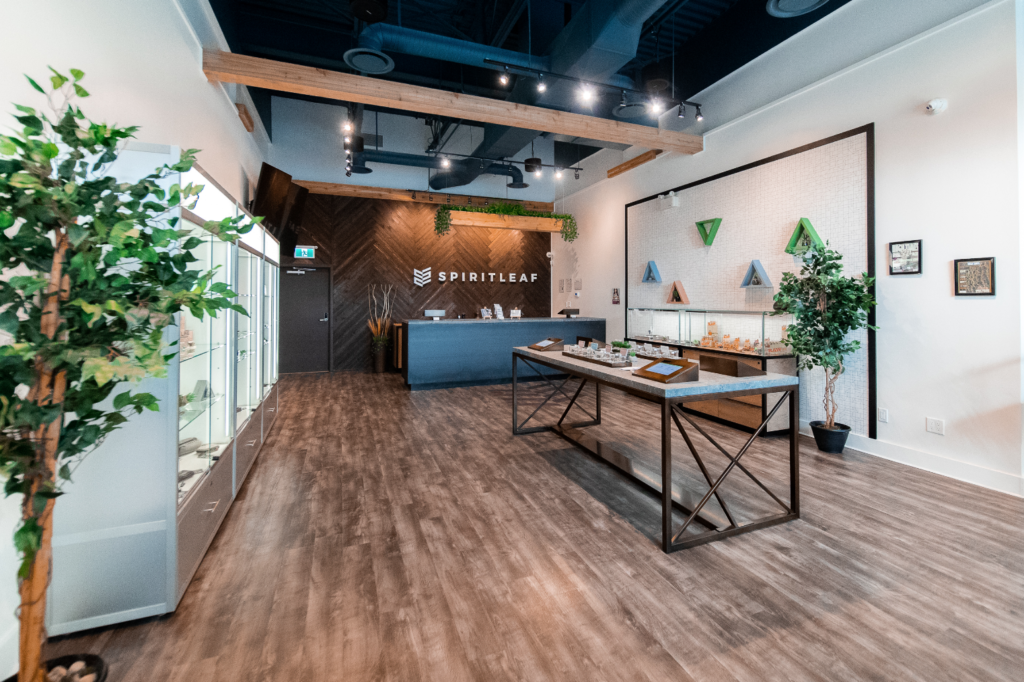
Within two years, the Manitoba government hopes to have 90 per cent of the province’s population living within a 30-minute drive of a cannabis retailer. The Controlled-Access Licence is seen as a critical to achieving that goal, with some cannabis retailers seeking partnerships. Most recently, on June 16, Winnipeg-headquartered Delta 9 Cannabis announced an exclusive partnership agreement with the Manitoba Hotel Association (MHA).
This is the direction the market’s going in. Each hotel will decide on its own if it wants to sell cannabis. It will have to be sold apart from alcohol, in a separate area, but it could be sold along with cigarettes or souvenirs.
Ian chadsey, delta 9 cannabis inc.
“When we presented to the MHA, they liked what they saw,” says Ian Chadsey, VP Corporate Affairs, Delta 9 Cannabis Inc. “This is the direction the market’s going in. Each hotel will decide on its own if it wants to sell cannabis. It will have to be sold apart from alcohol, in a separate area, but it could be sold along with cigarettes or souvenirs.”
In Manitoba, the move to expand the retail footprint with the Controlled-Access Licence model hasn’t been controversial. However, the decision by Saskatchewan to allow unlimited licence applications this September has some incumbents worried about market saturation. That’s not a concern for Inner Spirit Holdings, which has ambitious plans to increase its Spiritleaf franchise operations across Canada.
In my view, both Saskatchewan and Manitoba can accommodate additional stores – the market’s still in its infancy in both provinces.
DARREN BONDAR, INNER SPIRIT HOLDINGS
“We don’t put a hard cap on the number of franchises, but we definitely want to protect existing stores and not over-saturate ourselves,” says Bondar from Inner Spirit, which currently has 50 stores in Canada – 10 corporate and 40 franchise. “Right now, in Saskatchewan we have a franchise location in Moose Jaw, which also fulfils online orders, with planned corporate stores in Regina and Saskatoon. We don’t have any other franchises sold in Saskatchewan at this time, but we’re working with people who are interested. In my view, both Saskatchewan and Manitoba can accommodate additional stores – the market’s still in its infancy in both provinces.”
As part of its phased approach, last April the Saskatchewan Liquor and Gaming Authority (SLGA) began accepting cannabis retail applications for communities with populations of less than 2,500, including for the SLGA’s version of the store-in-store licence model, called the Integrated Cannabis Retail Store Permit. These permits are available only to retailers in communities in Saskatchewan with under 2,500 people. Calls by some incumbents in Saskatchewan to delay the province’s most recent licence expansion, out of fear that the market could be flooded with new competitors, have been rejected by the regulator, which has no specific policy to limit the expansion of any given retailer.
“The market in Saskatchewan will determine the appropriate number of stores to address demand,” says David Morris, a spokesperson with the SLGA. “There’s been continued interest from the public and business about the availability of additional cannabis retail permits. The permitting process doesn’t include specific criteria related to store size, sales volume or online sales.”
To date, three municipalities in Saskatchewan, and eight in Manitoba, have rejected cannabis stores. As in Saskatchewan, during this round Manitoba has no ceiling on applications; previously, the province limited the number of cannabis store licenses it issued. That said, Manitoba has a policy in place wherein no one retailer will be allowed to own more than 15 per cent of the stand-alone stores, which could limit growth opportunities.
Then there are a lot of towns with 3,000 or 5,000 people. You can’t get into the retail game with a stand-alone store with populations that small.
IAN CHADSEY, DELTA 9 CANNABIS INC.
“The 15 percent calculation will always reflect the most current number of approved age-restricted cannabis licensed stores,” says Susan Harrison, Communications Officer, Manitoba Liquor & Lotteries (MBLL). “To date, MBLL has received about 94 applications for cannabis stores. There’s no geographic mandate per se, and given the number of applications in the queue already, it is quite likely that the number of stores that would represent a share of 15 percent of the market will rise quickly this year alone.”
At present, Saskatchewan, with a population of 1.2 million, has about 40 licenced stores, whereas Manitoba, with a population of 1.5 million, has 30. In this most recent round, Manitoba is processing only one location per applicant at a time, and applicants without any existing stores in Manitoba will be prioritized. Some of these will likely be looking at the store-in-store model.
“Winnipeg and Brandon account over half the provincial population,” says Chadsey from Delta 9 Cannabis. “Then there are a lot of towns with 3,000 or 5,000 people. You can’t get into the retail game with a stand-alone store with populations that small.”









